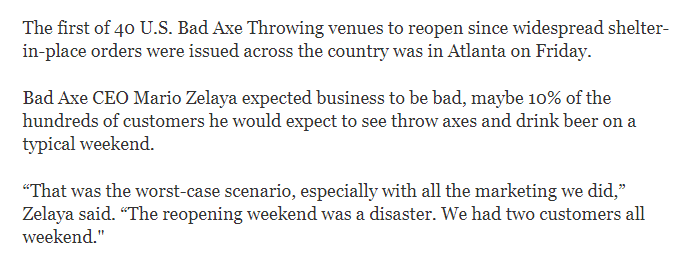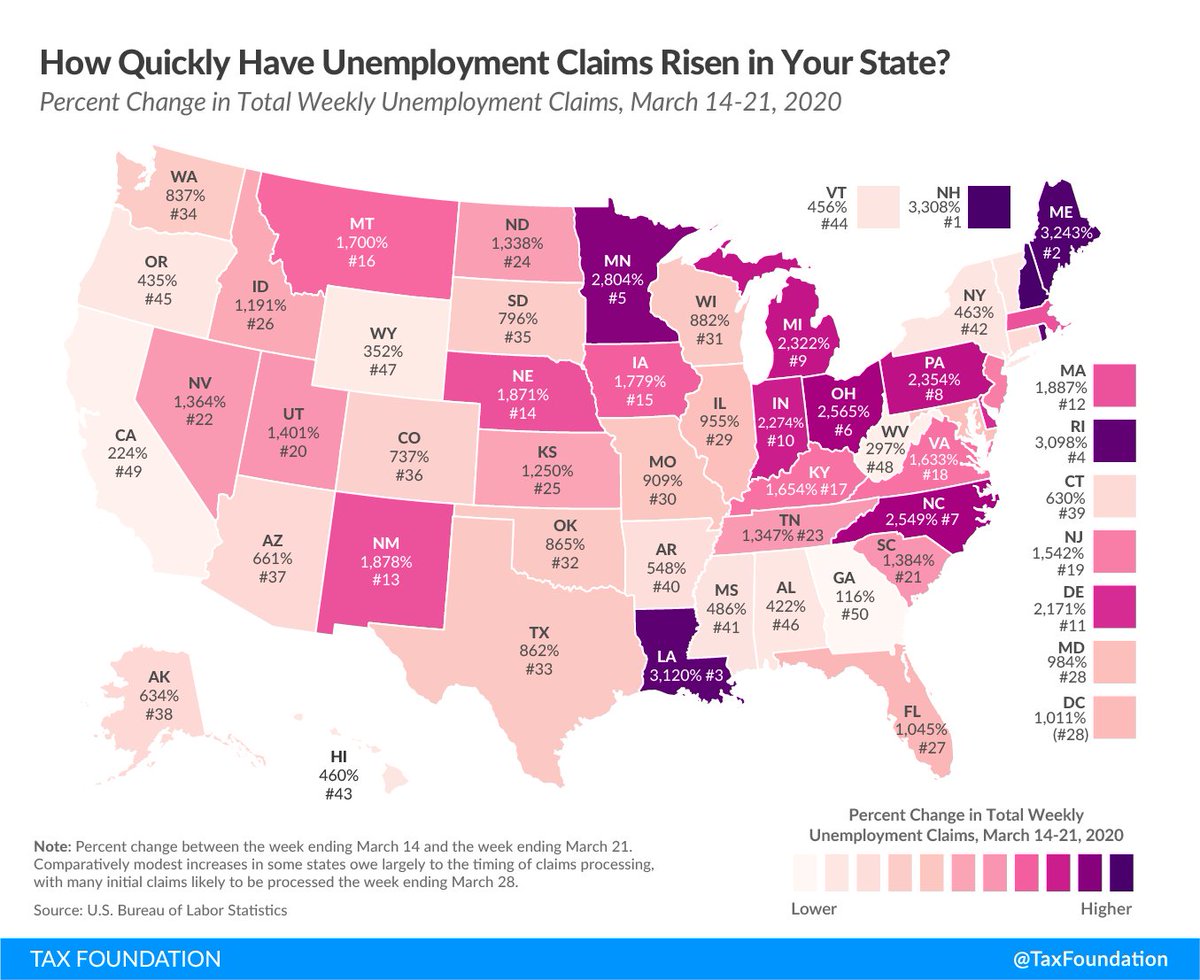
I want to see actual bill text, but the abstract of Gov. Justice's income tax repeal plan in West Virginia has some notable features:
Good: across-the-board rate reductions, unlike the MS approach of phased exemptions; in first stage, rates range from 1.2-2.6%.
#wvpol #wvleg 1/
Good: across-the-board rate reductions, unlike the MS approach of phased exemptions; in first stage, rates range from 1.2-2.6%.
#wvpol #wvleg 1/
The initial PIT reductions only applies to wage, salary, retirement, and unemployment income, not business income, investment income, farm income, etc. If the goal is economic growth, no relief for small businesses or entrepreneurs is surprising (and nonneutral).
2/
2/
In fact, small business owners would face higher taxation, not only still facing current PIT rates, but paying a higher sales tax that now applies to business purchases (legal, accounting, advertising, data processing, other professional services).
3/
3/
There's also a "luxury items tax" on select high-dollar goods. We don't know what the list is yet. I'm assuming it's not everything above a $5K threshold (surely a used car isn't a luxury), but are business purchases in or not?
4/
4/
Sales taxes are supposed to fall broadly on personal consumption. Excise taxes impose special rates on certain transactions because they have social costs (externalities) to capture or function as a user-pays system. A luxury tax doesn't fit either approach.
5/
5/
There are a bunch of excise tax increases. Notable seems to be a much higher soft drink tax (6 cents / can or per 16.9 oz) and a cigarette tax almost 4x Virginia's and ~$1 higher than KY or OH. (WV has most smokers of any state, many are lower income, many live by borders.)
6/
6/
The sales tax rate rises from 6.0 to 7.9%, which is high but not extremely high. On its own, probably a good trade for many taxpayers for PIT reductions -- especially since there's going to be some sort of rebate for low-income households. (Unsure of details, but worth $52M.)
7/
7/
But there's a lot to dig into here. Major changes to severance taxes, too. At first glance, this reduces liability for many WV taxpayers, but shifts much of the burden onto businesses. That complicates the growth expectations.
8/
8/
If you work in the DC metro area, suddenly are mostly teleworking, and those country roads appeal to you, this sounds like a great deal for you -- even better if full repeal happens. But if WV wants to attract business activity as well, it's at best a mixed bag.
9/
9/
It's genuinely exciting that WV policymakers are interested in comprehensive tax reform, and shifting to more of a consumption base is pro-growth and worth doing. It's good to get this discussion going. But the tradeoffs I've outlined here matter and merit consideration.
10/
10/
I look forward to seeing bill text, and also seeing what the House and Senate come up with. For now, here's the abstract for the governor's plan: governor.wv.gov/Documents/Gove…
/FIN
/FIN
Update: bill text is now available on Gov. Justice's WV income tax phaseout proposal.
governor.wv.gov/Documents/Gove…
governor.wv.gov/Documents/Gove…
• • •
Missing some Tweet in this thread? You can try to
force a refresh








